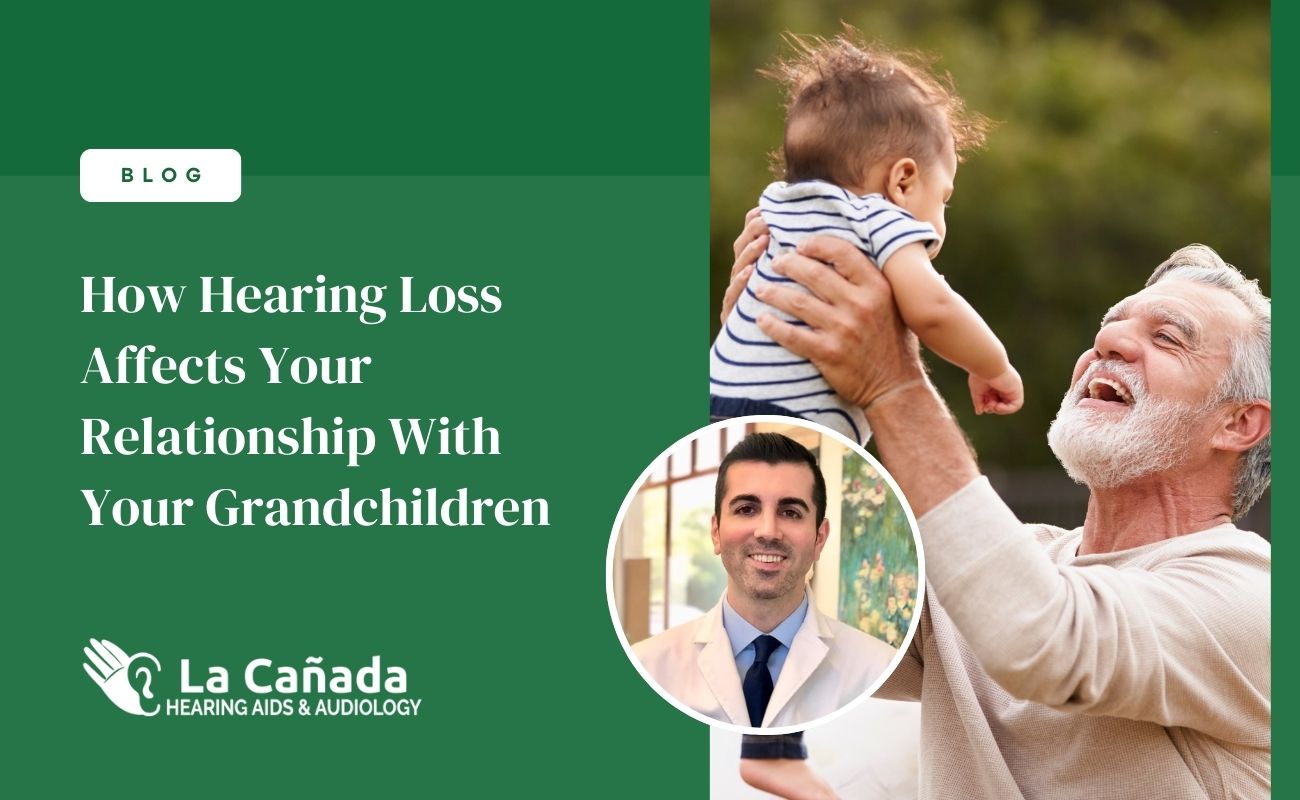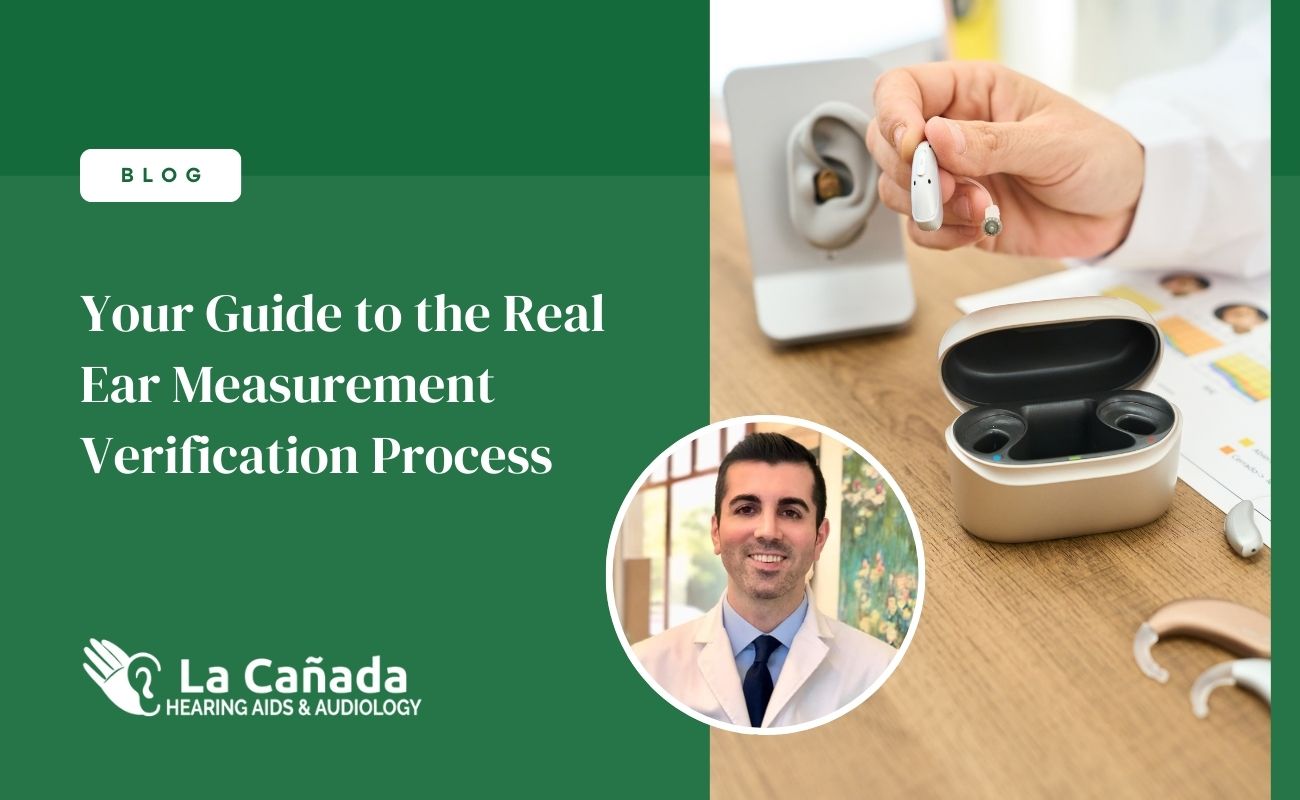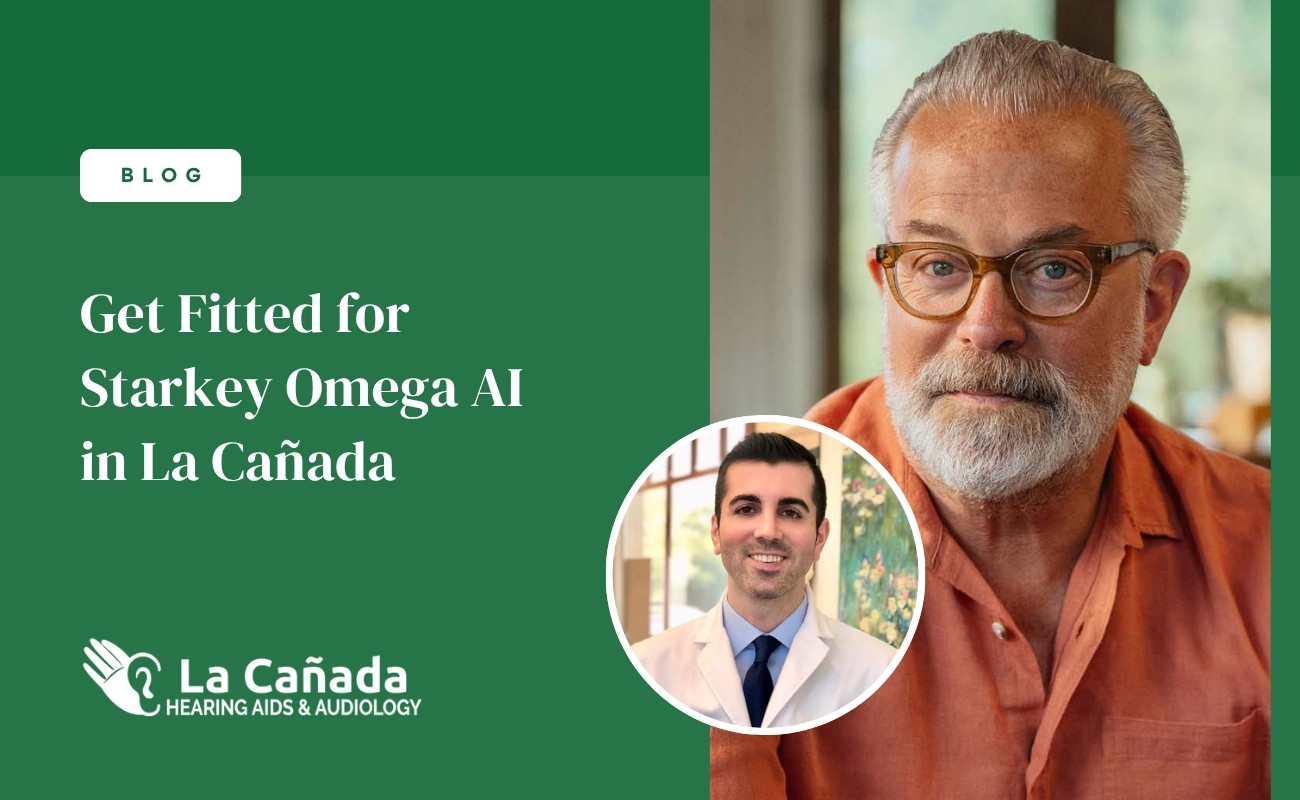There are different ways to tell people about your hearing loss. Researchers recommend telling people about your hearing loss because it tends to improve your overall life experience. If you think you have hearing loss but haven’t had a hearing test, call La Cañada Hearing Aids & Audiology today and schedule a painless and private exam. Hearing is one of the five senses and is vital for experiencing life to the fullest, as well as for your general well-being.
Three disclosure methods to inform others of your hearing loss
Researchers at Massachusetts Eye and Ear, including several renowned audiologists, surveyed nearly 350 individuals about their hearing loss and how they let others know about their hearing loss. Researchers used a detailed 15-question survey to determine the exact language and phrasing that was used. The purpose of the study was to determine which disclosure methods afforded individuals the best options to continuing healthy work and social relationships after disclosing their hearing loss.
The study found that people with hearing loss informed others in three ways: basic disclosure, nondisclosure and multipurpose disclosure. This study, as well as other studies, determined that describing your hearing loss in a comprehensive manner to others led to a sense of empowerment and helped other better accommodate your needs.
1. Basic Disclosure
With basic disclosure, you describe your hearing difficulties with those who are closest to you and those you trust the most. You would use phrasing like this: “I have trouble hearing due to an ear infection I had a number of years ago.” You have indicated you have some hearing issues and they may need to accommodate you so you can participate in a conversation or situation. You describe the issue as well as what may have led to the hearing loss. This allows others to be helpful and supportive.
2. Non Disclosure
Non disclosure avoids the core issue and the least effective of the disclosure methods. You give the barest amount of information to individuals. You may ask people to repeat what they just said or talk a little louder, but do not provide any reason why. In turn, others do not have any helpful guidance to be supportive. They may think you are just distracted or, worse, not paying attention to them or what was going on.
3. Multipurpose Disclosure
Multipurpose disclosure is a method that indicates you have trouble hearing and provides suggestions to others on what they can do to aid you and be supportive. You would say something like this: “I can hear better with my right ear; can you stand on my right side while we are talking?” Studies show that the multipurpose disclosure method is the best way for those with hearing difficulties to receive the accommodations that they need.
Researchers have found that women are better than men at explaining hearing loss and more than twice as likely to tell others what they are dealing with and what can be done to help them. Most individuals said that when family, friends and co-workers learned they had a hearing disability, they are more than willing to help and be accommodating. This, they said, went a long way towards relieving the stress of hearing loss.
Disclosing a Hearing Loss to an Employer
Nearly everyone knows someone who has hearing loss or has been impacted hearing loss, and your boss is no exception. With approximately 60% of people in the American workforce experiencing some degree of hearing loss, it can be helpful for you to receive accommodations on the job. In fact, employers are required by law to provide reasonable accommodations for employees with hearing loss.
Adjusting to your hearing loss at work may involve some slight changes like a different phone headset, a little bit of a schedule change or shift in responsibilities, or moving your desk slightly to reduce a noise issue. There are a more and more technological advances that will enable you to stay productive, and it doesn’t hurt to ask for notes from a meeting to be emailed to you!
Treating Hearing Loss with La Canada Hearing Aids & Audiology
Studies indicate family and friends are very supportive of those with hearing difficulties. If you believe you have a hearing loss, the first step to improving communication with your loved ones and colleagues is taking a hearing test. At La Cañada Hearing Aids and Audiology, we’re here to help! We provide comprehensive hearing tests, and we’re here to discuss the best solution for you. Call today for a hearing test!


.webp)





